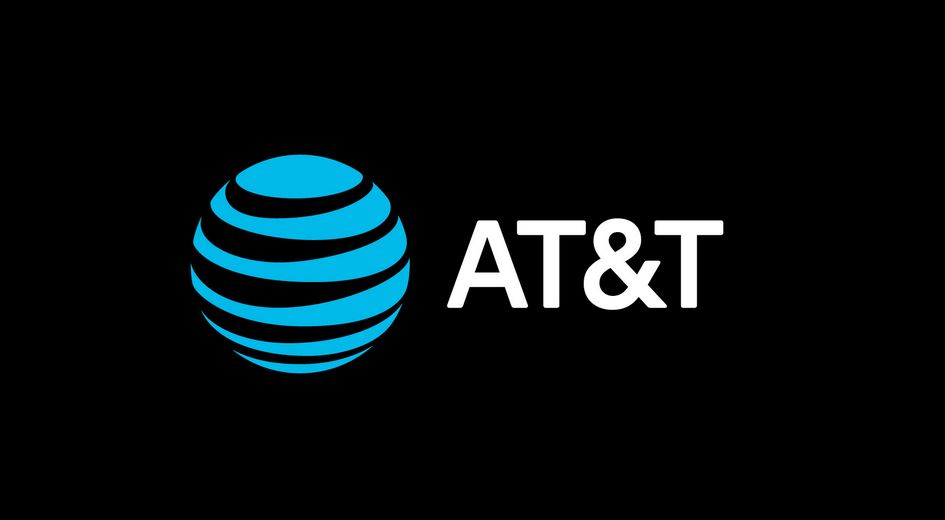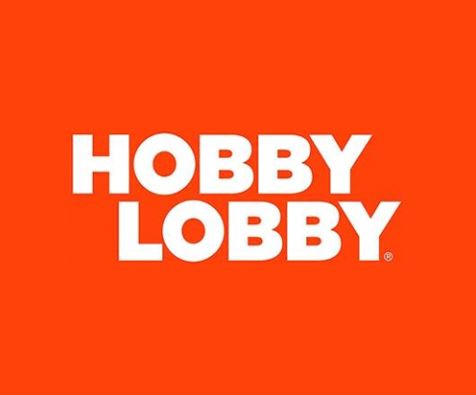BetterHelp Betrayed Patients Trust In Pursuit Of Dollars Featured

Another class action lawsuit was recently filed against BetterHelp after being hit with a Federal Trade Commission (FTC) order banning the online counseling platform from sharing consumers’ data for advertising purposes.
The case was filed days after the FTC said BetterHelp must not disclose consumers’ sensitive mental health data to third parties—including Facebook, Pinterest, Criteo and Snapchat, among others—and ordered the platform to pay users $7.8 million.
The complaint alleges BetterHelp’s goal in transmitting user data to third-party advertisers was not to benefit patients in any way but to instead boost its market share and “cultivate and maintain relationships with various social media sites.”
The complaint also states “defendant’s actions constitute an extreme invasion of Plaintiff and Class members’ right to privacy and violate several statutory and common law doctrines, including –
- California Invasion of Privacy Act (“CIPA”)
- California Confidentiality of Medical Information Act
- California Unfair Competition Law
- California Online Privacy Protection Act
- California Business and Professions Code
- Federal Trade Commission Act
- Health Insurance Portability and Accountability Act
BetterHelp Betrayed Consumers And Exploited Their Information For Financial Gain
Mountain View, California-based BetterHelp is an online platform that offers counseling services, including services geared specifically to Christians, teenagers and the LGBTQ+ community, among others. It operates a number of online therapy platforms including-
- Compile Inc
- My Terapist;
- Teen Counseling,
- Faithful Couseling,
- Pride Couseling
- iCounseling
- ReGain
- Terappeuta
Those interested in the company’s services must fill out an initial questionnaire with certain sensitive mental health information, such as whether they’ve experienced depression or had suicidal thoughts or are on any medications, the FTC states. Upon signup, consumers provide BetterHelp with their name, email address, birth date and other personal information before being matched with a counselor.
At “several points during the signup process,” the FTC said, BetterHelp promised that it would not use or disclose patients’ personal health data except under limited circumstances. Despite its assurances, BetterHelp “revealed” patients’ email and IP addresses and health questionnaire answers to the likes of Facebook, Snapchat, Pinterest and Criteo and gave the companies essentially free rein to use the data for their own internal purposes, the FTC alleged.
“When a person struggling with mental health issues reaches out for help, they do so in a moment of vulnerability and with an expectation that professional counseling services will protect their privacy,” said Samuel Levine, Director of the FTC’s Bureau of Consumer Protection. “Instead, BetterHelp betrayed consumers’ most personal health information for profit. Let this proposed order be a stout reminder that the FTC will prioritize defending Americans’ sensitive data from illegal exploitation.”
According to the FTC, BetterHelp, from 2018 to 2020, used consumers’ email addresses and “the fact that they had previously been in therapy” to help Facebook identify similar consumers and target them with ads for BetterHelp’s services. This tactic “helped the company bring in tens of thousands of new paying users and millions of dollars in revenue,” the FTC claimed, alleging BetterHelp “pushed” consumers to divulge sensitive information by repeatedly misrepresenting its privacy policies and “nudging them with unavoidable prompts to sign up for its counseling services.”
Privacy Promises Mean Little To BetterHelp
BetterHelp has signed up more than two million users since its inception and had more than 374,000 active users in the U.S. as of 2021. The company—whose subscriptions cost between $60 and $90 per week—reportedly earned more than $720 million in revenue in 2021, and the case attributes much of the company’s growth to the millions it has spent on marketing and advertising, including through Facebook, a tactic the lawsuit claims was particularly successful in generating new users.
“In 2020, Defendant spent between $10-20 million on Facebook advertising alone. This advertising was extremely successful; by 2021, Defendant’s advertising through Facebook was generating approximately 90,000 – 120,000 new customers per year.”
On January 9th, 2023, it was announced that BetterHelp raked in over $1 billion in revenue, in 2022 which was a $300 million increase from 2021, with over 1 million people using its platform in 2022.
According To BetterHelp It’s All A Junior Marketing Analysts Fault
Citing the FTC, the complaint says that BetterHelp in 2017 delegated most of the decision-making authority over the company’s use of Facebook’s ad services to “a junior marketing analyst who was a recent college graduate, had never worked in marketing, and had no experience and little training” in protecting sensitive user data. That year, the filing claims, the newbie analyst was given “unilateral authority” to decide what private information to upload to Facebook and how to use that information.
“For example, in 2017, BetterHelp allegedly uploaded the email addresses of all of its current and former clients to Facebook – nearly 2 million in total – to target them with ads to refer their Facebook friends to BetterHelp for mental health services.”
From at least 2017 through December 2020, BetterHelp users were repeatedly promised that anything they shared with the company would remain confidential—even as BetterHelp used that data “extensively” for its own profit, the suit alleges.
According to the complaint, advertisers such as Facebook can gather information about BetterHelp users, including what they click on and what information they input into the company’s websites, by way of invisible online trackers. These trackers can then send users unsolicited advertisements based on the information collected from BetterHelp, the case relays.
“This data, which can include health conditions, diagnoses, procedures, treatment status, the treating physician, medications, and [personally identifiable information] is viewed, obtained, and used by companies such as Facebook in connection with targeted advertising.”
FTC Orders BetterHelp To Refund Patients And Obtain Consent Before Releasing Data
Consumers who signed up and paid for BetterHelp’s services between August 1, 2017 and December 31, 2020 will be eligible for a partial refund from the $7.8 million the company was ordered to pay. (Click here to learn more about how FTC consumer refunds work.)
Affected BetterHelp users do not need to do anything at this time to get a refund from the FTC. According to the proposed consent order, the agency will select a third-party administrator who will gather consumers’ contact information from BetterHelp and work with the FTC to determine how and to whom refunds will be issued. Refunds will not be sent to consumers until the proposed consent order is finalized.
In addition to the monetary aspect of the order, the FTC banned BetterHelp from disclosing health information for advertising and prohibited the company from misrepresenting its data-sharing practices. Further, BetterHelp was ordered to obtain affirmative consent before disclosing personal data to certain third parties for any purpose and implement a “comprehensive privacy program” that includes strong consumer information safeguards.
Lastly, the company must direct third parties to delete the consumer health and other personal data BetterHelp revealed to them, and the company itself must put in place a data retention schedule to limit how long it can retain personal and health information.
Who Does The Lawsuit Look To Cover?
The lawsuit looks to cover all natural persons in the U.S. whose user data was collected through BetterHelp websites using third-party online tracking codes at any time since August 1, 2017.









